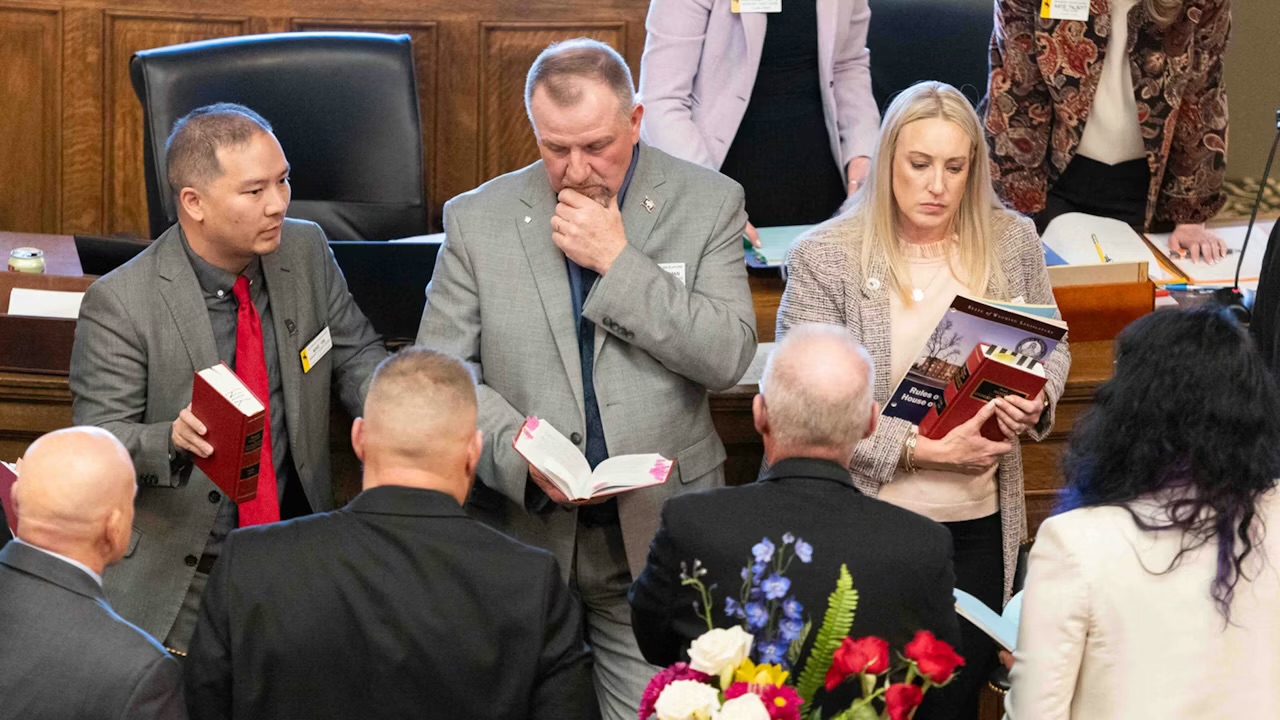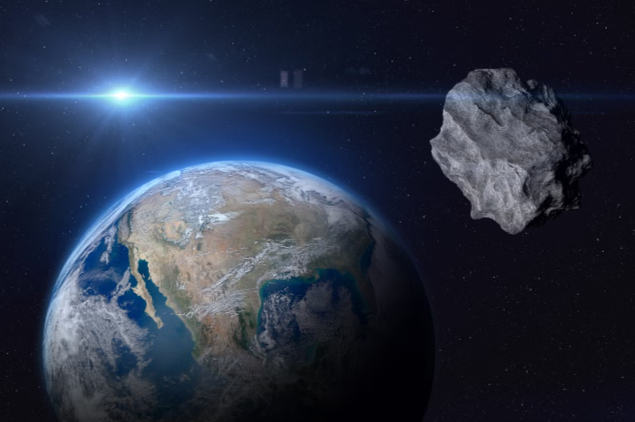A recent study published in the journal Icarus suggests that passing stars may pose a greater risk to the stability of our solar system than previously thought, potentially increasing the odds of major planetary disruptions—including the possibility, however small, that Earth could one day be ejected from its orbit or sent into the sun, the Independent reports.
Astronomers Nathan Kaib and Sean Raymond used advanced models to analyze how the gravitational influence of stars passing near our solar system could affect the orbits of the giant planets, as well as Pluto and other smaller bodies. Their findings indicate that traditional, isolated models tend to underestimate the likelihood of future orbital changes and instabilities.
The study highlights that over the next four billion years, passing field stars are likely to be the most significant external factor influencing the long-term stability of the solar system. The gravitational pull from these stars, the researchers found, could increase the risk of instability for Mercury by as much as 50% to 80%.
The study also found that Pluto has a 5% chance of experiencing chaotic gravitational interactions over the next five billion years, potentially altering its orbit dramatically. Meanwhile, Mars has an estimated 0.3% probability of being lost from the solar system—either through collision with another planet or ejection into space.
Most notably, the researchers identified a 0.2% chance that Earth could, over billions of years, become involved in a planetary collision or be ejected from the solar system—a risk higher than previous calculations suggested.
While these percentages remain small, they represent a meaningful increase in the estimated likelihood of such rare events and underscore the subtle but important role that passing stars can play in shaping the fate of our solar system over immense timescales.










The latest news in your social feeds
Subscribe to our social media platforms to stay tuned